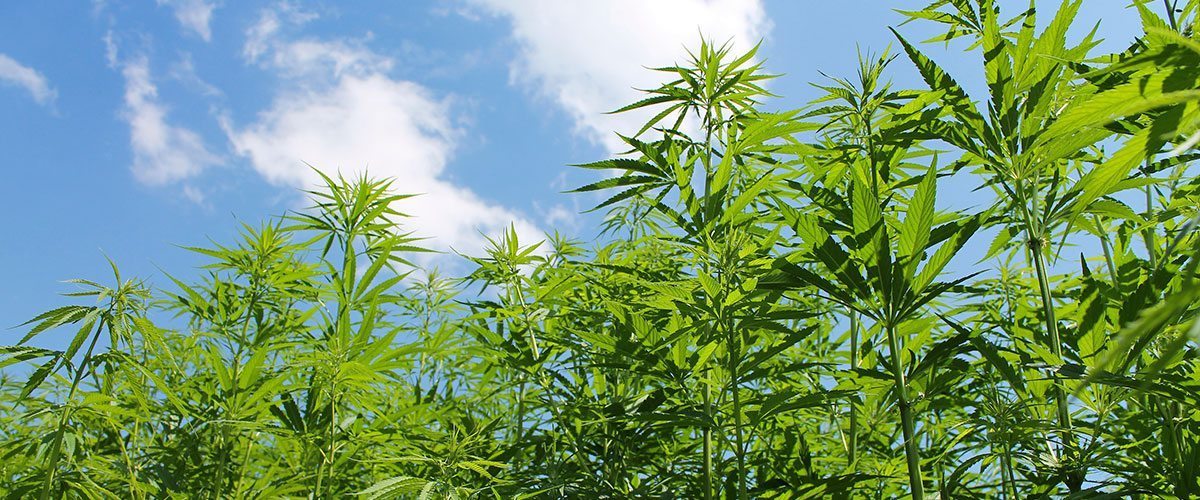Visitors to Chapel Hill, Tennessee, will have the opportunity to walk among the state’s newest crop at the Tennessee Hemp Industries Association hemp maze.
Corn mazes have become commonplace in rural America, taking their place among such autumn traditions as apple picking, jumping in piles of leaves, and carving jack-o-lanterns.
This year, however, patrons in Tennessee can get a jump on the season by winding their way through a maze cut into a field of hemp thanks to the Tennessee Hemp Industries Association (TNHIA), bringing the revitalization of this crop to America’s forefront.
Every Saturday and Sunday from August 20th to September 11th, visitors to Chapel Hill, Tennessee, can lose themselves among the rows of hemp. Planted more densely and growing taller than corn, hemp is an ideal medium for creating a wander-worthy maze.
Tucked behind a hedge of sunflowers, the one acre hemp maze is similar to any corn maze but carries an ulterior motive – educating visitors about the differences between marijuana and hemp and highlighting hemp’s many uses.
“There are still people who are confused about the distinction between the two varieties of cannabis and we are hoping this maze can help turn that around,” said Colleen Keahey, director of Tennessee Hemp Industries Association.
Currently, hemp can only be grown in this country on approved plots through a state pilot program. The hemp grown through these pilot programs must be used for research purposes; the hemp maze is being touted as an “agritourism study” on the TNHIA website.
“The pilot program is for research into the growth, cultivation, and marketing of the industrial hemp,” said Anni Self, an administrator with the Department of Health. “This is part of the marketing under agro tourism and this hemp maze is grown by a licensed grower.”
Visitors to the maze won’t be able to take any of the hemp home with them, per Tennessee state law. Only those certified by the state are allowed to “harvest” the hemp.
“We are going to be sure to let people come and engage, but they are going to have to abide by the rules and regulations and that certainly means nobody can take any plant material,” said Keahey.
However, because hemp contains only trace amounts of tetrahydrocannabinol (THC), the compound in marijuana that causes euphoria, no part of the hemp maze is actually psychoactive and no amount of it would get someone high.
According to the Tennessee Hemp Industries Association website, a one acre plot of hemp can remove up to 10 tons of CO2 from the atmosphere during its life cycle, and a bustling hemp industry in the U.S. may help reduce our carbon footprint. So if you have the opportunity to visit Tennessee’s hemp maze, get out and enjoy the uniquely fresh air a future with hemp can bring.
Visit our news page to learn more about the spread of hemp pilot programs in the U.S. or why hemp may supplant marijuana as America’s next big cash crop.






